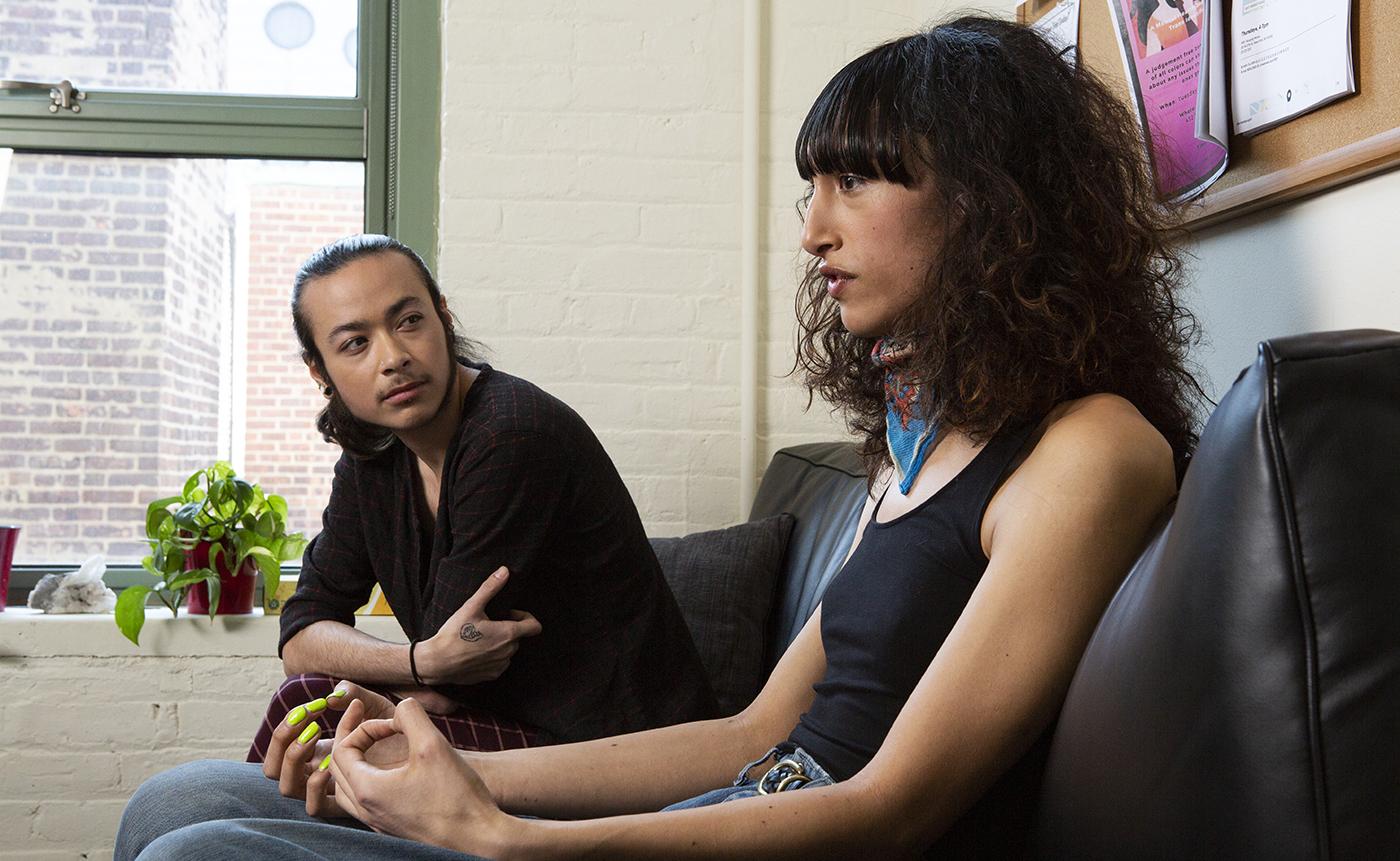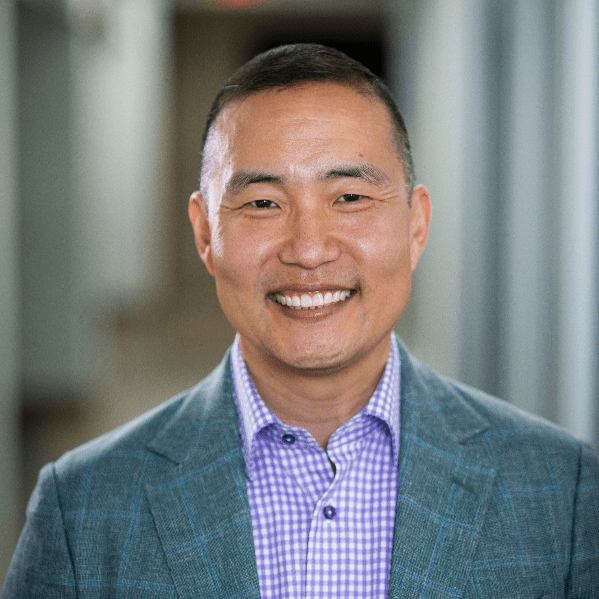

For many people, seeking mental health treatment can be a challenging process; for LGBTQ+ individuals, many of these struggles are exacerbated by experiences of oppression and/or insensitivity by people they encounter in the health care system. Despite seeking out mental health treatment at greater rates than their heterosexual and cisgender peers, LGBTQ+ clients face additional challenges due to ingrained systems of oppression. Dr. Richard Shin (he/him), an Associate Professor in the Department of Counseling, Higher Education, and Special Education, is focused specifically on these issues, with a commitment to advocating for social justice within psychology and other mental health professions. As an integral member of the UMD-PRC, Dr. Shin provides expertise in the effects of various forms of oppression, such as white supremacy, patriarchy, heteronormativity, cissexism, classism and ableism, as well as a focus on education, training, and the practice of mental health professionals.
Dr. Shin is co-leading the Virtual Simulated Client (VSC) research project in conjunction with Drs. Elizabeth Aparicio and Mia Smith-Bynum. The project assesses the effectiveness of the UMD-PRC's LGBTQ+ cultural competency training, the Sexual and Gender Diversity Learning Community (SGLDC), with a simulated, virtual initial mental health assessment. The VSC team developed a method to observe and evaluate mental health provider performance during their interactions with a simulated LGBTQ+ client.
“We are hoping to find that the participants who received our training will perform significantly better than our participants who are in our control group," Dr. Shin explained. "Ultimately, we hope that the tools and methods we’ve developed will be used to improve mental health services for LGBTQ+ clients.” By implementing the approaches learned in the training, providers will be able to offer LGBTQ+ people seeking mental health treatment with supportive care and avoid creating stress for clients through homophobic micro and macro aggressions within their therapeutic encounters.
“We must root out this discrimination in the mental health fields because LGBTQ+ individuals are entitled to competent and effective counseling services,” Shin said.
Heteronormativity, like other forms of oppression, is in the air we breathe.
In addition to the VSC project, Dr. Shin has forthcoming publications in top journals of counseling psychology. The first, The Development and Validation of the Heterosexism Erasure Scale (The Counseling Psychologist), focuses on creating a psychometrically sound self-report measure that captures denial and minimization of the systemic oppression LGBTQ+ people face in the United States, with the goal of using the scale to help study and improve LGBTQ+ cultural competency. The second, Systemic Racism: Antiblackness, White Supremacy, and Racial Capitalism Re/Creates White Spaces and Time (Journal of Counseling Psychology), exemplifies both Dr. Shin’s and the UMD-PRC’s commitment to understanding the unique challenges and resiliencies of holding intersectional identities. With this project, Dr. Shin hopes to “better understand systemic racism, and how Black, Indigenous, Latinx, Asian, and other non-Black people of color live in white spaces and function under white time.”
As a counseling psychologist, Dr. Shin highlights the important role that mental health providers have and the responsibilities they have to their clients. When asked about ways that this research can be applied to clinical settings, and how clinicians can support their LGBTQ+ clients, Dr. Shin emphasizes (1) being critically self-aware about one’s own internalized heterosexist biases and, (2) ensuring cultural competency by being aware of the used and affirmed language and terms within queer communities.
“Heteronormativity, like other forms of oppression, is in the air we breathe,” Shin said. “We are constantly being bombarded by messages that deem LGBTQ+ people as damaged, inferior, and pathological.”
Thus, it is essential for mental health service providers to be constantly interrogating themselves about how these messages may be affecting their work with LGBTQ+ clients. Dr. Shin continues around the importance of language, “Heteronormativity is woven into our speech patterns so it is inadequate to throw one’s hands up in the air and say, ‘these terms change so often I just don’t have the energy to keep up.’” To keep up with LGBTQ+ terminology and reduce the likelihood of perpetrating heterosexist microaggressions with their clients, Dr. Shin says that mental health providers should be regularly reading, accessing online resources, and engaging with queer communities.